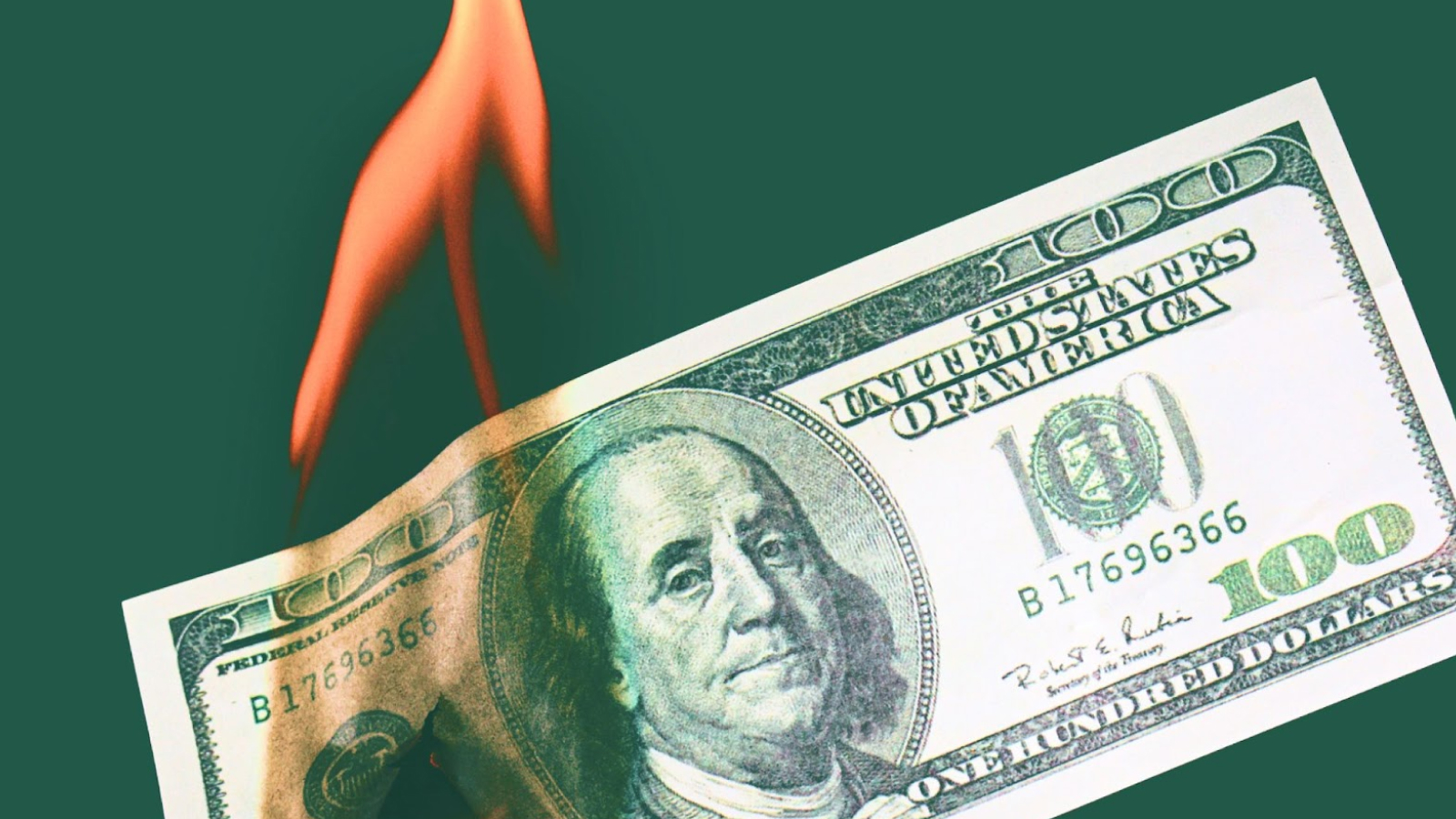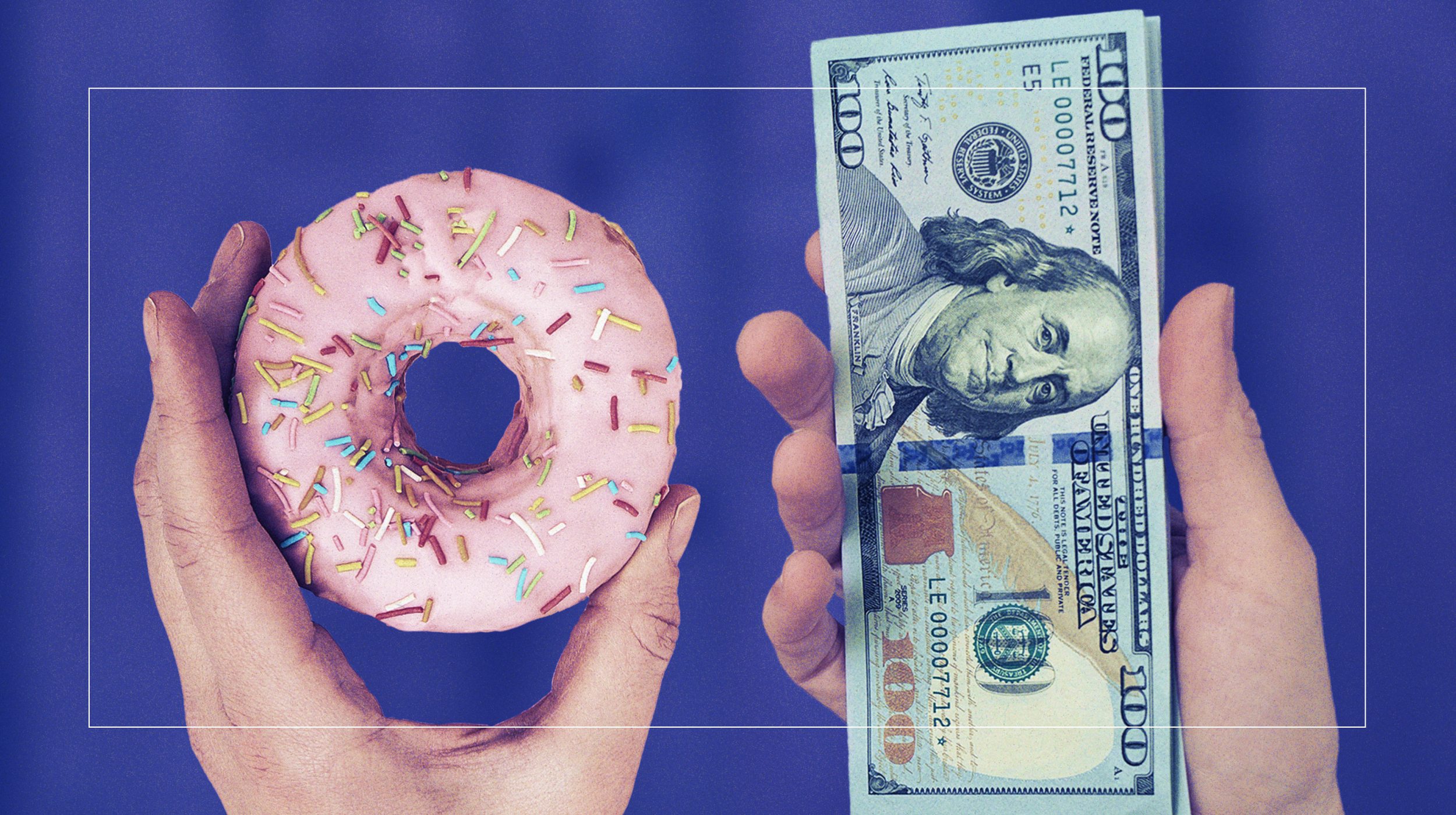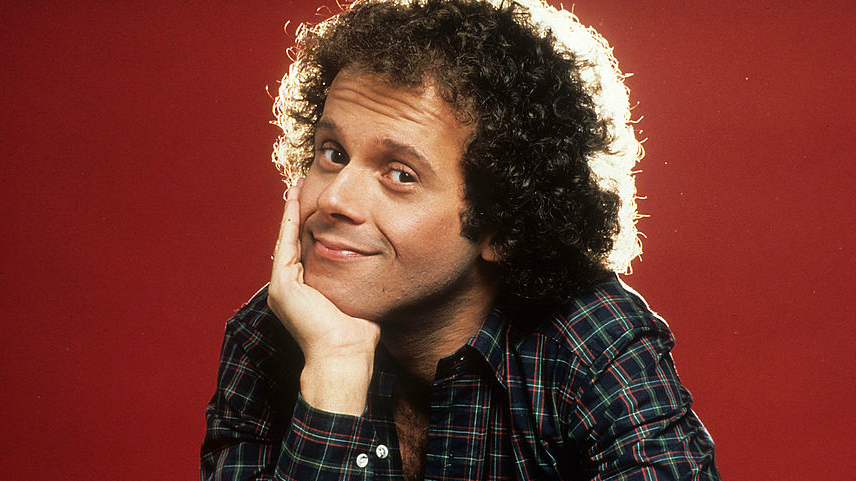Creatures of Habit

“So here’s the thing to recognize about your bad habit. You cannot eradicate your bad habit. If you just try and say, ‘ I’m going to use willpower to make this behavior go away,’ it’s not going to work. And we know this from study after study. Every scientist who works on habits will tell you, once the neurology of that habit is set; it’s always there in some form or another.”
– Charles Duhigg, author of The Power of Habit: Why We do What We do in Life and Business.
What’s the Big Idea?
It’s easy to scoff at a billboard’s transparent psychological trickery, thinking: “Ha! I see right through your bikini-clad babes. You’ll never make me buy that Budweiser!”
But one way or another, metaphorically speaking, they will make you buy that Budweiser, because Madison Avenue has long understood what we’d rather not admit to ourselves – that even the smartest, most creative, most ruggedly individualistic of homo sapiens is on autopilot much of the time, eating, working, and communicating with others through habit.
There are some good evolutionary reasons for this: habits save us time and mental energy in negotiating the world, and free our minds to invent things like fire and computers. They also limit the size of our brains (and therefore our heads), making it easier for human mothers to survive the act of giving birth. But our hardwired ability to form habits quickly makes us vulnerable to picking up self-destructive patterns, too.
Investigative journalist Charles Duhigg on the Power of Habit
What’s the Significance?
While Madison Avenue works overtime, using fundamental principles of cognitive neuroscience to instill bad habits in us, we attempt to overcome them through willpower alone. This is why so many diets fail. Why that New Year’s resolution to cut back on the martinis seems like a distant memory only three months later, when the weather improves: because our best laid plans for changing our routines often fail to take into account how powerless we are to escape the habits that control us, and that the best we can do is to redirect them.
In The Power of Habit, Charles Duhigg takes an unflinching look at the science of habit, and offers concrete strategies for transforming harmful habits into beneficial ones. Using case studies from the unlikely success of Febreze to Alcoholics Anonymous’ unparalleled ability to cure alcoholism, the book offers incontrovertible evidence that understanding how our habits work is essential to changing them.
Follow Jason Gots (@jgots) on Twitter
Image credit: Shutterstock.com





